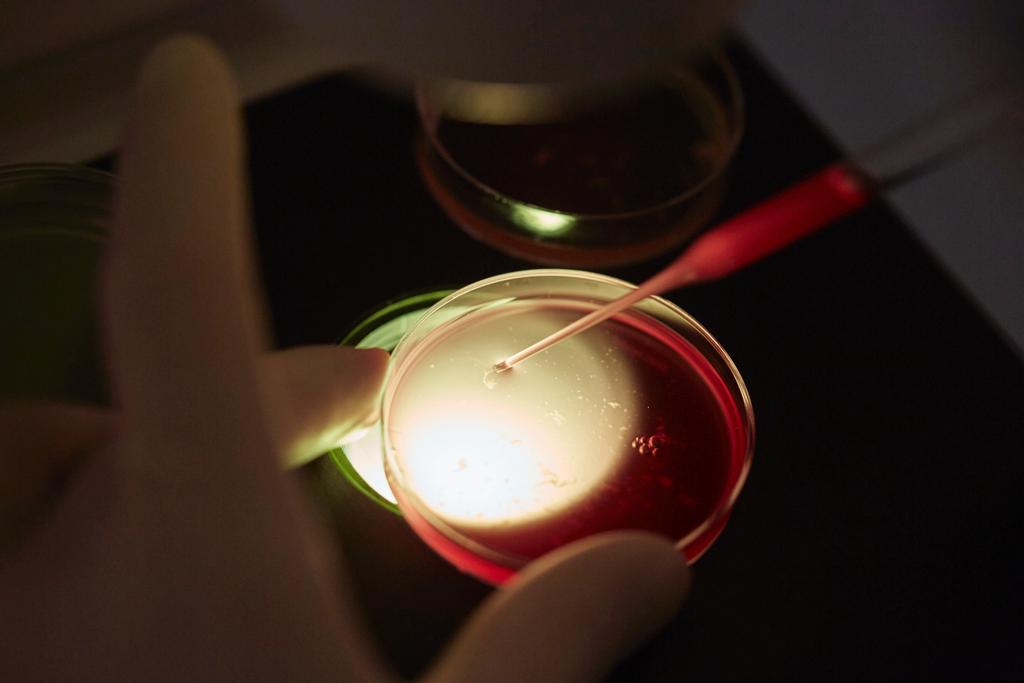Twin births have almost doubled since the 1970s

The rate of twin births in Switzerland and other developed countries has almost doubled within four decades. The two main reasons are delayed childbearing and the expansion of medically assisted reproduction.
In Switzerland, the rate increased from 8.8 twin births per 1,000 births in 1970 to 16.4 in 2005, according to a studyExternal link published on Monday in the journal Population and Development Review.
The rates varied considerably: in Denmark in 1975 there were 9.6 twin births per 1,000, in 2011 there were 22.2. In Chile, on the other hand, the rate went from 7.7 in 1975 to just 8.8 in 2005.
The researchers found that in a quarter of developed countries with the relevant data the twinning rate reached a plateau around the early 2000s and had decreased since. This was not the case in Switzerland, where the twin rate continues to climb.
The two main reasons are delayed childbearing, as older women tend to have twins more frequently than younger ones (the peak age group for twins is 35-39), and the expansion of medically assisted reproduction (MAR), which carries an increased probability of multiple births.
The effect of MAR – which consists of hormonal treatment and assisted reproductive technology (ART) – is estimated to be about three times as important as the effect of delayed childbearing, according to the study. In Switzerland 70% of the increase was believed to be due to MAR.
Multiple births in Switzerland
A 2003 study by the neonatal unit at Zurich University Hospital reported that between 1995 and 1998, 100 triplet and four quadruplet deliveries were registered; there were no quintuplet or sextuplet deliveries. So on average one set of quads is born a year in Switzerland.
The study calculated that the incidence in Switzerland of triplet deliveries was one in 3,247 live births and that of quadruplet deliveries was one in 81,186 live births.
The Federal Statistical Office reported that in 2014 there were 85,287 births in Switzerland, which has a total population of 8.3 million. The average age of the mother was 31.7.
Birth order, genetic predisposition in families and differences across regions and ethnic groups have also been found to influence twinning rates, but the study said there was no reason to expect their influence to have changed much in recent decades.
According to the Federal Statistical Office, 6,321 couples underwent in-vitro fertilisation in Switzerland in 2012, resulting in pregnancy among more than a third of the women treated and the birth of around 2,000 children. Almost one in five deliveries was for twin or multiple births. Male infertility remained the most common reason.
Public health issue
The researchers pointed out that this increase was an important public health issue, because twin babies are more fragile than singleton ones.
“They have lower birth weight, more complications at birth and are more often born premature – all of which are associated with many long-term health problems. Stillbirth and infant mortality rates are also much higher among twins than among singletons,” they wrote.
In addition, twin births can have negative effects on parents. “Twin pregnancies are associated with higher risk of gestational diabetes, pre-eclampsia, postpartum depression and increased divorce risk.”
‘Reproductive tourism’
The study also addressed the phenomenon of “reproductive tourism”, citing Switzerland.
“An unknown, but probably substantial, number of individuals or couples travel to another country to obtain fertility treatments. Primary reasons for this ‘reproductive tourism’ are difficulty of access because of restrictive legislation or long waiting lists and expected quality of care,” it said.
“Cross-border reproductive care has become an important activity in countries like Denmark, Belgium, Switzerland, Spain, the Czech Republic, Greece and Israel, where foreign patients represent a significant share of all patients. After becoming pregnant, these women return to their country of residence and deliver there.”

In compliance with the JTI standards
More: SWI swissinfo.ch certified by the Journalism Trust Initiative











You can find an overview of ongoing debates with our journalists here . Please join us!
If you want to start a conversation about a topic raised in this article or want to report factual errors, email us at english@swissinfo.ch.